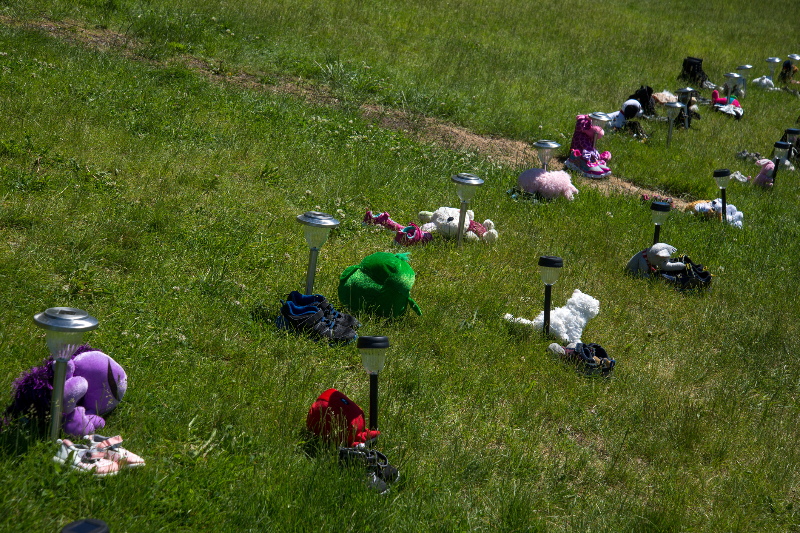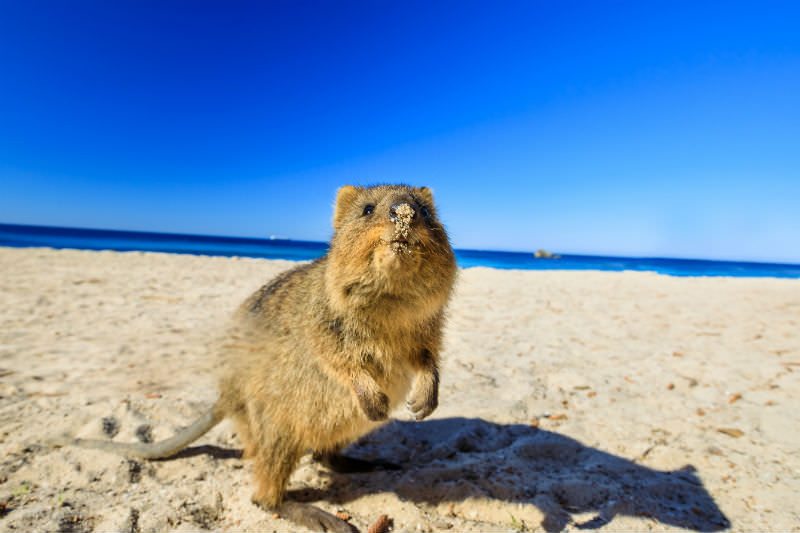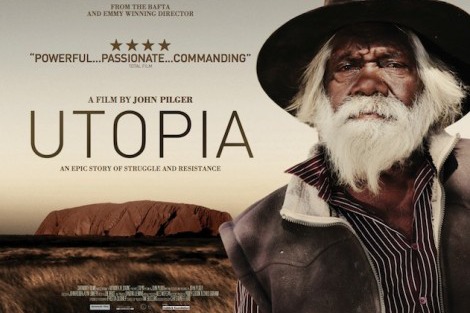Keywords: Rottnest Island
-

ARTS AND CULTURE
- Barry Gittins
- 20 December 2022
1 Comment
When we reflect on how best to live with the consequences of our shared, bloodied history, The Australian Wars calls for a counter-narrative; a re-positioning and re-phrasing of what has brought us to this point in our oft-stalled journey towards reconciliation.
READ MORE 
-

AUSTRALIA
- Celeste Liddle
- 12 August 2021
9 Comments
Across the Pacific Ocean, in Canada or ‘Turtle Island’ as it is also known by many of its Indigenous inhabitants, a horror has been unfolding. It started at a the former residential school in Kamloops, British Colombia where, via the use of ground penetrating radar technology, the remains of at least 215 Native Canadian children were found buried in mass unmarked gravesites. This school ran for 85 years, was part of compulsory government programs to forcibly assimilate these children, and was administered by the Catholic Church.
READ MORE 
-

ENVIRONMENT
- Catherine Marshall
- 20 February 2020
3 Comments
This communal outpouring during the bushfires has an opportunity to perpetuate itself indefinitely, even though the embers have been extinguished and those not directly affected by the fires have gotten on with their workaday lives. For even as the fires burned, Tourism Australia was mounting a campaign to encourage Australians to holiday locally instead of taking their patronage abroad, and to persuade international tourists to visit, too.
READ MORE 
-

ARTS AND CULTURE
- Tim Kroenert
- 06 February 2014
13 Comments
Rabble-rousing Australian journalist John Pilger is prone to hyperbole. He refers to a 'concentration camp' located on Rottnest Island and proceeds to denounce the atrocities that occurred there. He conducts a vox pop amid flag-waving Australia Day revellers, goading them with questions about the white invasion with predictably cringe-worthy results. He may have good intentions, but he's not doing Aboriginal Australia any favours.
READ MORE 